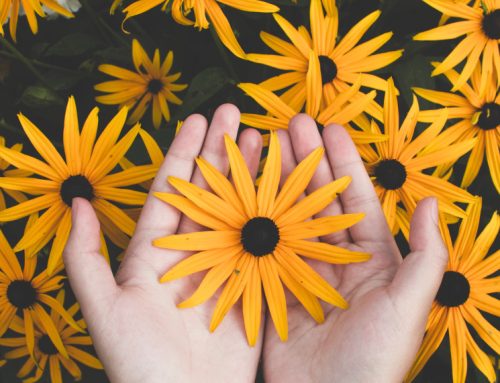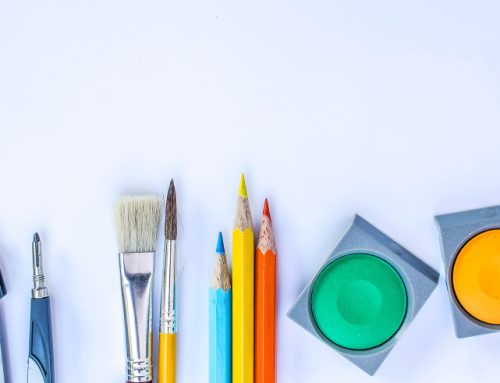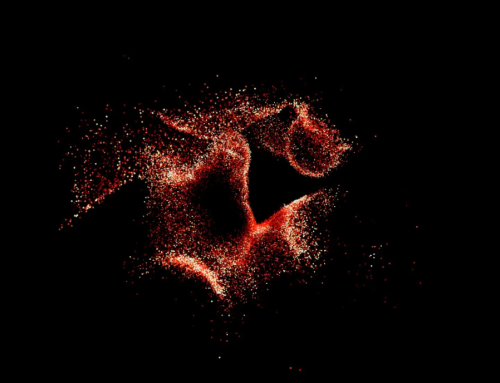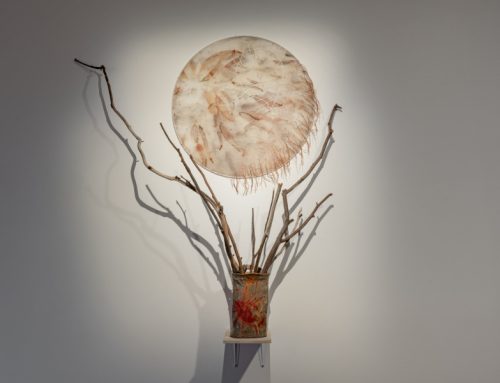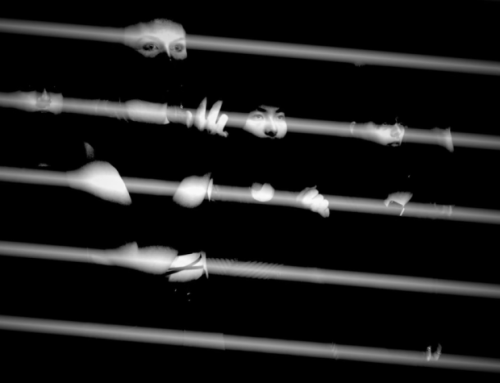As the President of the Indigenous Doctors’ Association, Dr Kris Rallah-Baker, writes in IndigenousX, ‘We live in dangerous times, not unprecedented times. This is not the first infectious agent to devastate our Continent.’
Aboriginal communities have been teaching all Australians for a long time, that culture is health. In a time of physical distancing, culture, creative expression and connection have never been more important. And remembering survival from the past is one way of building resilience.
The devasting impact of COVID-19 on Aboriginal artists and arts companies is of particular concern.
BlakDance writes: Now more than ever, it is important to wi-rii-pi dargo, for us to gather online and create a sense of belonging and kinship in our most isolated history in contemporary times.
Elders have requested that BlakDance develop a First Nations lead approach to COVID-19. This is for all of our communities. They want are requesting resources here.
BlakDance are advocating strongly for resources to ensure spiritual wellbeing and mental health during isolation, to create accessible processes to the financial stimulus via MyGov, and for a specific self-determined First Nations arts and cultural support package for COVID-19.
The Australia Council is holding First Nations Roundtables, online discussions about the impact of COVID-19 on First Nations’ arts sector. The next is Friday 3 April, 2:00-3:30 AEST. Register and learn more details here.
You can also join the Arts Front Little Lunch Online at 12:00 midday here – we’ll say more about this on another post. And for more connection and culturally aware psychological support for the isolation imposed by COVID-19, you might want to check out the Creating Space project (like them on Facebook), the new critical psychology publication The Activist Practitioner (whose first issue included a central article Baabayn Weaving and Reweaving, co-authored by Darug Elders) and free webinar Strong: Resilience in Challenging Times, Friday 3 April 1:00 pm.
Aboriginal communities are rightly concerned about the potential impact of COVID-19 in both urban and remote communities.
These concerns should be shared by all Australians.
The biggest concern is the safety and health of Elders. Elders have such an important role as the keepers and transmitters of cultural knowledge. This knowledge is particularly important within Aboriginal communities, and it is also crucial for all Australians – as our hunger to learn more about traditional Aboriginal land management and burning practices has shown in the aftermath of the recent terrible bushfire season. Yet due to age and the many comorbidities generated by the experience of intergenerational trauma and violence, they are at particularly high risk for COVID-19.
Remote communities have very constrained healthcare resources, with very limited facilities for treating acute cases of COVID-19. Keeping the virus out of regional and remote communities is paramount for the very vulnerable people there.
A second concern is the exploitation of COVID-19 to exacerbate political systems in Australia that exploit Country and disenfranchise communities. Court processes and environmental protections may become threatened.
COVID-19 has revealed the impacts of extended violence and social injustice, and the fragility of our political life. Concerns around the health and safety of the incarcerated is one example, an issue also raised by IndigenousX.
A powerful Aboriginal article, Rethinking The Apolcalypse: An Indigenous Anti-futurist Manifesto, can be read here.

